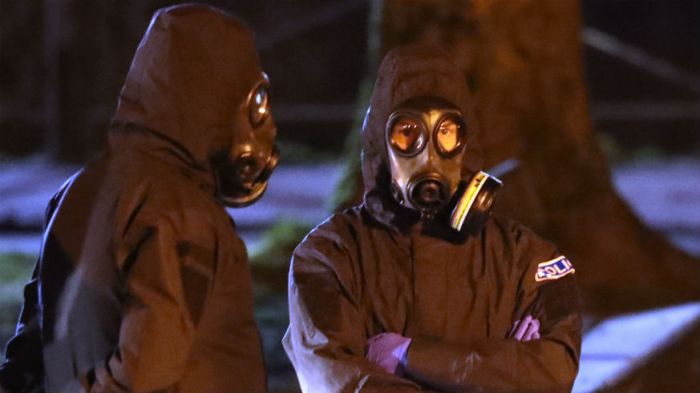It’s almost impossible to resist playing with puppies when you see them — that’s why pet stores and adoption centers let people pet and handle the dogs. After all, nothing bad can happen — right?
Unfortunately, petting those adorable pups in a pet store sent more than 100 people to the hospital with an illness caused by antibiotic-resistant bacteria. According to the U.S. Centers For Disease Control and Prevention, the bacteria campylobacter spread to 118 people in 18 states from January 2017 through February 2018.
The campylobacter spread through puppies sold through six pet store companies.
What is campylobacter?
Campylobacter — scientifically known as Campylobacter jejuni — that causes more than 1.3 million illnesses in the United States every year. The bacteria causes bloody diarrhea, abdominal pain and fever.
Symptoms of campylobacter typically start within three to five days of exposure, according to the World Health Organization, and people typically get over the illness within a week to 10 days. Most people survive after contracting campylobacter, though the elderly and immunosuppressed can die from it.
That’s not to say it’s without long-term effects. According to WHO, complications like miscarriage, hepatitis, pancreatitis and bacteraemia have been reportedly. Campylobacter is also shown to cause long-term complication with some frequency, including arthritis and neurological disorders. About one in 1,000 cases of campylobacter evolve into Guillain-Barre Syndrome, a condition that causes muscle weakness and temporary paralysis.
“Essentially, it felt like you were dying,” Katie Singleton, an employee at the Mall of Georgia Petland store, told Channel 2 Action News of her experience with campylobacter. She spent several days in the hospital after contracting campylobacter from dogs at her store.
How did the puppies get campylobacter?

Campylobacter is often spread via warm-blooded animals like cattle, pigs, sheep — and yes, cats and dogs. It’s mostly spread through uncooked or contaminated meat, though it can be spread via saliva — like when a dog licks a human.
According to the CDC, more than 50 percent of the 142 puppies investigated for campylobacter were treated with antibiotics they didn’t need, including broad-spectrum antibiotics that kill good bacteria along with the bad, allowing for campylobacter to grow.
Overall, more than 26 people were hospitalized from campylobacter infections spread by overmedicated dogs. Luckily, no one died.


















